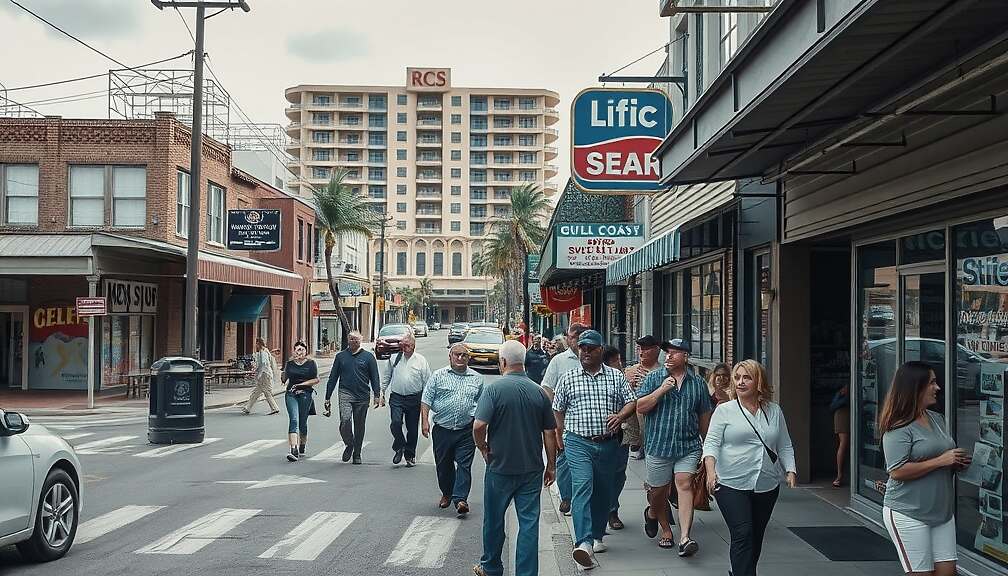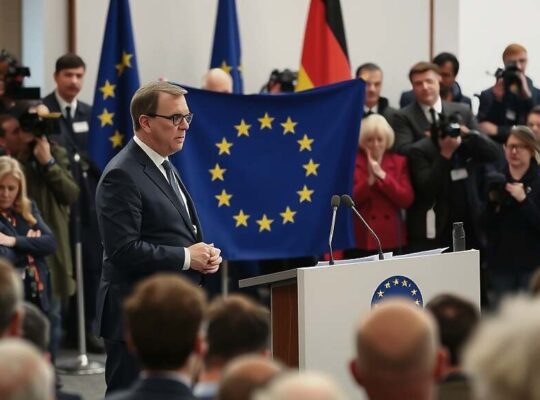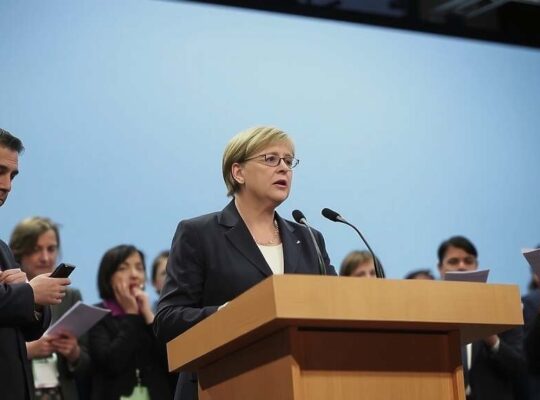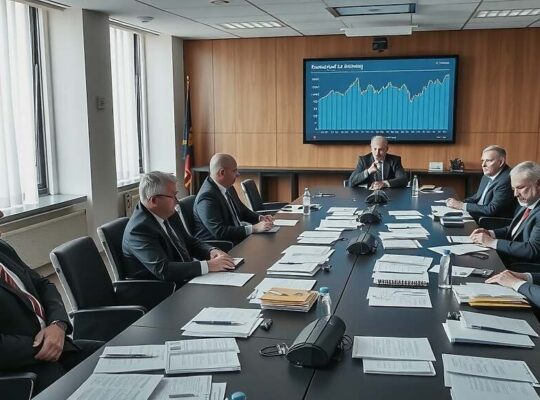A new study from the Leibniz Institute of Economic Research Halle (IWH) suggests that areas with higher levels of religious affiliation demonstrated greater economic resilience in the aftermath of Hurricane Katrina in 2005. While businesses across affected regions initially experienced a decline in productivity, the IWH research indicates a statistically significant difference in recovery rates based on local church membership.
The study found that companies located in areas with a ten-percentage-point higher concentration of church members than the national average experienced roughly half the negative economic impact from the disaster. This suggests a correlation between social cohesion fostered by religious organizations and economic recovery.
Researchers attribute this resilience to several factors. Strong social networks within faith-based communities provided practical assistance to individuals and businesses, while also encouraging residents to remain in their communities to participate in rebuilding efforts. Furthermore, the study points to higher levels of savings, a willingness to cooperate and entrepreneurial drive among religiously active populations as contributing factors. The IWH noted that these positive effects appeared more pronounced among Protestant communities than Catholic ones.
“Social cohesion particularly helps in times of crisis to overcome major challenges together” stated Felix Noth of the IWH. The research underscores the importance of cultural factors in determining economic resilience following large-scale disasters.
Hurricane Katrina, one of the deadliest and costliest natural disasters in U.S. history, resulted in over 1,800 fatalities, displaced approximately 400,000 people and caused an estimated $150 billion in damages.












